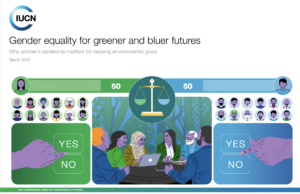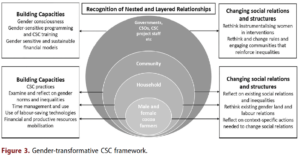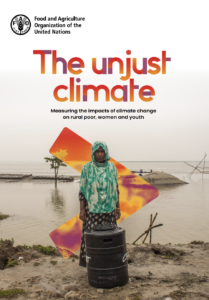The three United Nations Rome-based Agencies (RBAs) (the Food and Agriculture Organization of the United Nations [FAO], International Fund for Agricultural Development [IFAD] and World Food Programme [WFP]) are implementing a joint programme entitled “Taking gender transformative approaches to scale for impact on SDG2 to end hunger, achieve food security and improved nutrition and promote sustainable agriculture” (referred to as the Joint Programme), with financial support from the European Union (EU).
As part of the Joint Programme’s activities, a GTA experience-sharing workshop was organized at FAO headquarters in Rome in May 2019. A total of 44 experts and practitioners from the EU, the RBAs, NGOs, academia and research centres, the private sector and civil society organizations participated in the workshop to share their experiences and lessons learned on GTAs. With Agenda 2030’s commitment to gender equality and leaving no-one behind, coupled with the Decade of Family Farming 2019–2028, the timing was opportune to share GTA experiences and learn from
each other.
This compendium of 15 GTAs is an output from the workshop. Its purpose is fourfold:
- to take stock and draw lessons from experiences from existing practices of GTAs;
- to be a resource for agencies already working with GTAs to help identify opportunities for
- strengthening their GTA work or to link up with complementary interventions;
- to provide guidance on how to apply GTAs in any organization or institution working for
- enhanced food security, nutrition and sustainable agriculture; and
- to raise awareness of and advocate for GTAs by showcasing examples of good practices or
- successful approaches that contribute to positive gender-related and non-gender-related
- changes towards food security, improved nutrition and sustainable agriculture and rural
- development.
Source: FAO, IFAD and WFP https://doi.org/10.4060/cb1331en



